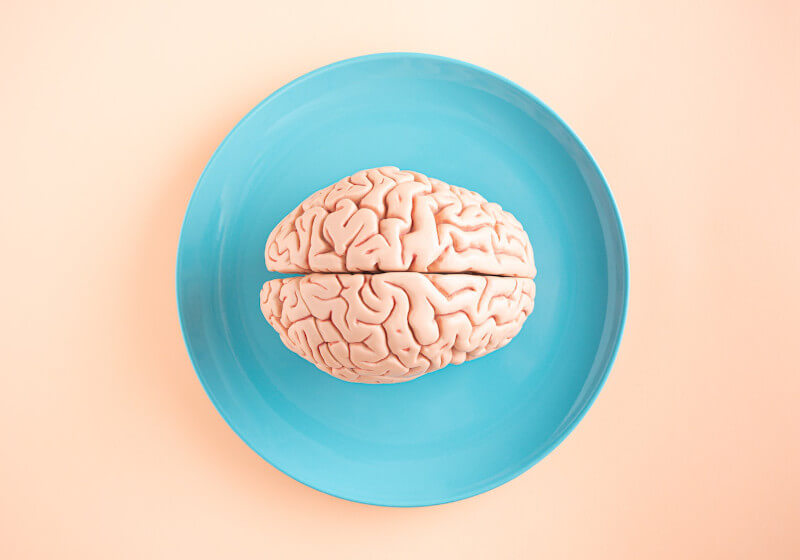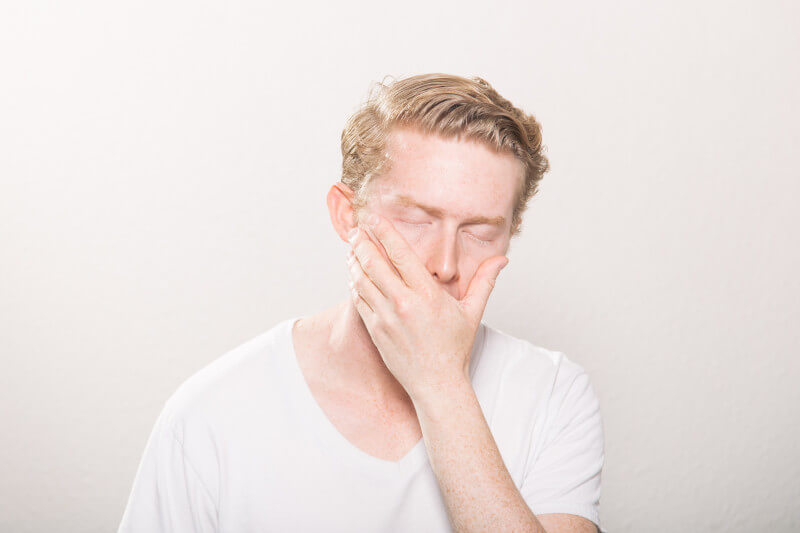Do you enjoy late-night snacking, perusing romance novels, or browsing the web? You enjoy them, but at the same time, you know they’re wrong for you to indulge in. When you appreciate something even though it makes you feel bad, you have a guilty pleasure. This is because guilt is rarely linked with indulging in one’s guilty pleasures.
What constitutes wrongdoing is established by societal standards. You might feel guilty when you don’t do your share of housework because it’s a decent thing to do. The unwritten law of social media is constant connectivity and active participation. You feel bad about breaking the rules, so you try not to.
Justifications for Indulging in Secret Pleasures
Doing something you know you shouldn’t make you feel like a kid again. You enjoy the excitement of getting into mischief. You are exploring the limits of what you can get away with before getting discovered. When you give in to your guilty pleasure, you experience a rush of pleasure and a weight lifted off your shoulders.
A guilty pleasure is something that gives you satisfaction despite making you feel slightly guilty. This is how culture convinces its members that their interests are pointless and unproductive. When we sleep, we feel guilty because we believe we should be doing something useful with that time.
Enjoying One’s Guilty Pleasures
Your attention to your remorse will lead you astray. Do the things that bring you happiness. A TV programme may be entertaining even if it doesn’t add anything to your knowledge bank. That’s fantastic for your psyche. Even though eating chocolate cake will wreck your diet, it will also make you happy and calm down your nervous system. Don’t dwell on your sense of obligation and blame. You’ll be more productive if you spend your time thinking about things that will make you joyful.
The Neuroscience of Guilty Indulgences

It’s a given that people should make good use of their free time. This is done to expand one’s horizons intellectually. Indulging in activities that activate a reward pathway can help reduce mental tension and promote rest.
Positive feelings, less tension, and better mental health and well-being are the results of indulging in some guilty pleasures. Enjoying oneself is not only beneficial but also completely risk-free. After devoting at least an hour to viewing a show you enjoy, you will feel refreshed and uplifted. The experience of visiting a new location or attending a performance by your favourite band or musician is very similar.
It’s not necessary to go all out for a guilty delight. Even mundane, everyday items can be cherished secretly. If you want to get motivated to do housework, try playing an engaging game on your phone first. When you permit yourself to enjoy life, you achieve an inner victory.
Indulgence and Responsibilities
Having a good time is a positive thing to do. But as with anything, too much can be bad. If you have a deadline looming but refuse to get your job done in favour of watching your favourite TV series, you are guilty of procrastination. If you frequently put things off, you should get examined for mental and physical problems.
After engaging in a pleasant activity, do you feel refreshed and ready to get back to work, or do you feel unmotivated and unable to get anything done? If it’s making things worse rather than better, you should reconsider. Any guilty enjoyment used excessively is harmful. It’s a gift because it allows you to take a break from what you’re doing and savour some chocolate before getting back to business. It’s meant to help you unwind and clear your head so you can think more clearly.
Feelings of Guilt and Public Opinion

The judgmental stares of those around you are a major source of self-consciousness about the things you appreciate. As a result, there are two types of forbidden pleasures:
- Substances ingested by humans: These are the foods and beverages that you appreciate but then feel guilty about consuming. Comfort cuisine is a term used to describe foods like these.
- Ideas, thoughts, and concepts: This is what we look forward to in the media and on social media. (movies, TV shows, etc.).
- Guilt isn’t just caused by the scrutiny of onlookers, though: It could also stem from the conviction that one must maintain internal coherence at all times.
You’re supposed to only listen to and enjoy classical music if you’re a classical singer or musician. However, when you listen to rock or rap, you instantly feel better and happier. You put on a distinct persona when you’re by yourself compared to when you’re in public.
Confidence and Responsibility
The significance of human identity in comprehending forbidden joys is discussed. Individuals’ sense of identity develops over time as a result of their unique set of events. Understanding one’s own identity requires engaging in societal comparison with other people.
Humans Are Sociable Creatures by Design
As sociable beings, we depend on our networks of friends, family, and community to thrive. This means striking a harmony between being yourself and fitting in with the group dynamic. If your friends tend to watch British television, you should appreciate those shows just as much as your go-to American shows.
The Internet Offers Unrestricted Access to All Information
That is to say, the very fabric of civilization is shifting. Culture will pressure you to like the people and things it deems appropriate. You need to be more assertive of your individuality because of this stress.
The “What the Hell” Phenomenon

Have you ever eaten a whole pizza and then looked down and realised you’d devoured more than half the pizza? At that point, you internalise the phrase “What the hell?” Oh, you do recognise that sensation. The “what-the-hell” effect is to blame for your failure to control your eating habits or your behaviour.
When you pair pleasure and guilt, as in this impact, you’re more likely to lack self-control. When trying to lose weight, it can be discouraging to consume fewer healthy options because of guilt. However, if you replace feelings of guilt with excitement whenever you think about consuming junk food, you’ll find that you lose weight much more quickly. The advantages of the pleasures, rather than the guilt, are the focal point, according to the research. Choices in life that are beneficial for you and your health can be made if you are happy.
Shock Therapy and Reality TV
The guilty joy of watching reality television is widespread. It may not be exciting to the mind, but it can be an excellent way to let out pent-up feelings. You’ll experience a wide range of feelings while watching these programmes. It’s healthy to vent your frustrations by shouting at the screen, but that doesn’t mean you should.
The notion of what constitutes acceptable television viewing is real. You should be keeping up with the news, documentaries, or sports if you are an executive or successful individual. Watch The Real Housewives, however, if you are just a regular person with regular employment. Don’t let this trick you.
This is just a publicity stunt designed to get as many people to watch the show as feasible. To enjoy reality television does not automatically make one stupid or evil. Your negative outlook is the real problem. The greater the stigma associated with binge-watching these programs, the greater the likelihood that you will do it.
For some, watching reality shows can be therapeutic. The mental effort and concentration required for this sort of enjoyable exercise are relatively low. The brain can enhance its performance by giving it time to rest and reset. Taking a mental break is an effective way to relieve tension and recharge your batteries.
How to Control Yourself When Indulging in Unhealthy Habits

Indulging in vices is beneficial only if done sparingly and in moderation. Indulging these desires, particularly the negative ones regularly can have negative consequences. Self-restraint and equilibrium are essential.
Learning to Control Oneself
If you want to enjoy life without feeling guilty about indulging in your joys, self-control is essential. Studies show that people who pay attention to their appearance exercise more discipline. As a result, self-aware individuals who consider the potential drawbacks of their behaviour before engaging in it are better able to restrain themselves.
Those who struggle to maintain their composure are frequently plagued by feelings of remorse. Reason enough to learn to reign in your impulses and emotions. You won’t feel as bad about indulging in your guilty indulgences when you remember that you’re not a slave to them.
If you permit yourself to indulge in some bad habits, you can speed up your recovery and improve your mood. If you are consuming healthily and exercising regularly, you don’t need to feel bad about indulging in a few servings of chocolate cake or a pint of ice cream once in a while.
- Learn how trauma-aware therapy empowers individuals to transition from being victims to survivors, taking control of their lives in the process.
- Cognitive Behavioral Therapy vs. Psychodynamic Therapy
You Must Always Put “I” First
Stop feeling bad about yourself and give in to your vices. Your physical and mental well-being will benefit from indulging in these pleasures. When you’re happy, you’re more likely to be busy and creative. Practise more kindness towards yourself, and do what pleases you as long as it doesn’t cause harm to others. You may tell yourself, “I’ve done well this week, and it’s acceptable that I treat myself.”
